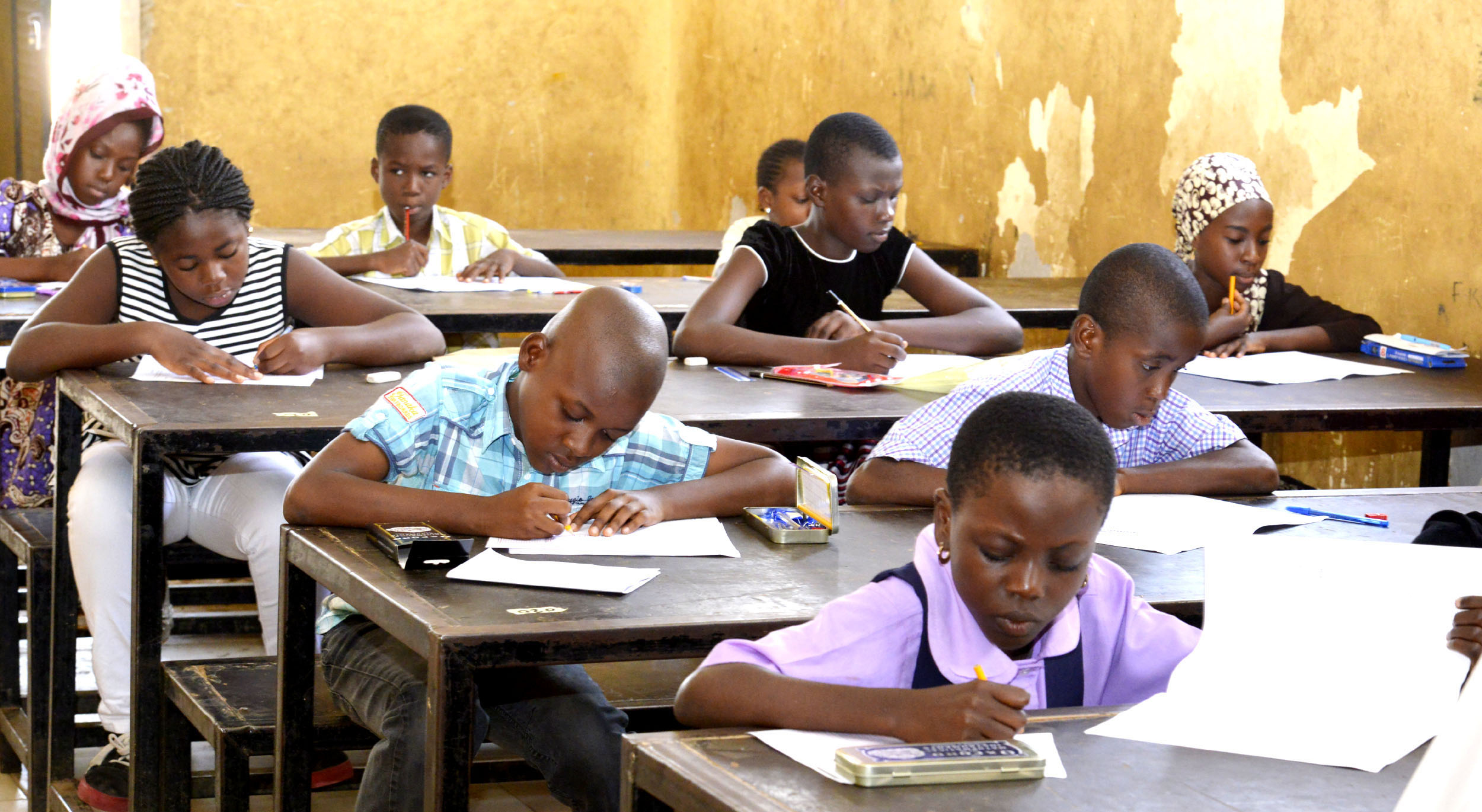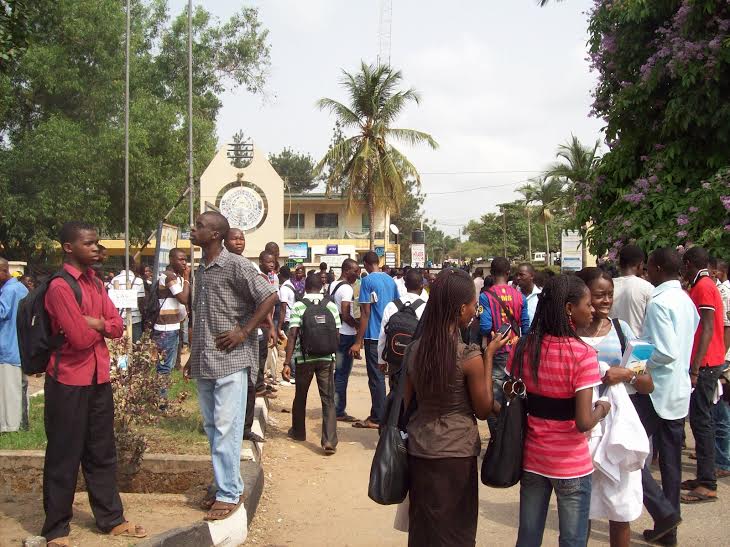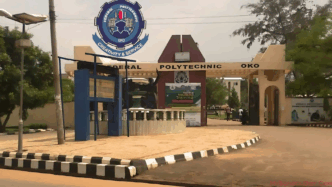The Unity Schools Old Students Association (USOSA) has decried the failing standard of public schools across the country, calling for their upgrade to a smart school model.
Michael Magaji, the president-general of USOSA, was at the 44th USOSA plenary session held in Enugu on Sunday.
He said most public schools lack critical infrastructure for teaching and learning.
“Let’s be honest. The present state of public education in Nigeria is not where it should be, and UNESCO statistics showed that over 20 million Nigerian children are out of school,” he said.
Advertisement
“Many government schools are still operating without electricity, internet connectivity, desks and even trained teachers.”
The USOSA president, however, commended the Enugu state government for pioneering efforts in smart and digital education.
He said the smart schools stood as models to be replicated by other sub-national governments across the country.
Advertisement
Magaji recommended that state governments adapt their education service delivery systems to the changing demands of the digital age.
“Smart schools are now testing and strengthening critical thinking, creativity, and digital skills in students,” he said.
“This new pedagogy pivots from the traditional uni-directional instruction to a more interactive and active transformation where students not only learn but co-create improved learning outcomes.”
Magaji identified access as the major challenge, noting that with political will, investment, and collective action, available potential would be turned into progress.
Advertisement
On his part, Chidiebere Onyia, the secretary to the Enugu government, emphasised the vision behind the state’s smart school model.
He noted that many had dismissed the governor Peter Mbah’s ambitions, such as raising the state’s GDP from $4.4 billion to $30 billion, as theoretical, but they were now seeing it come to life.
“The governor doesn’t just see education as a huddle of delivery but part of a whole ecosystem for transforming the economy,” Onyia said.
“What we are doing is beyond the typical 4–8-year political cycle.
Advertisement
“These smart green schools are about building a learning culture that sustains economic growth, addresses unemployment, and improves security.”
Advertisement











